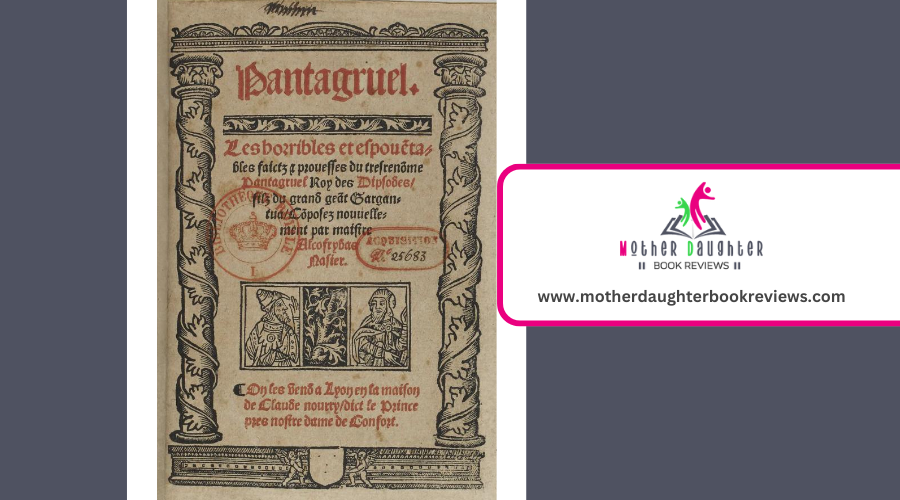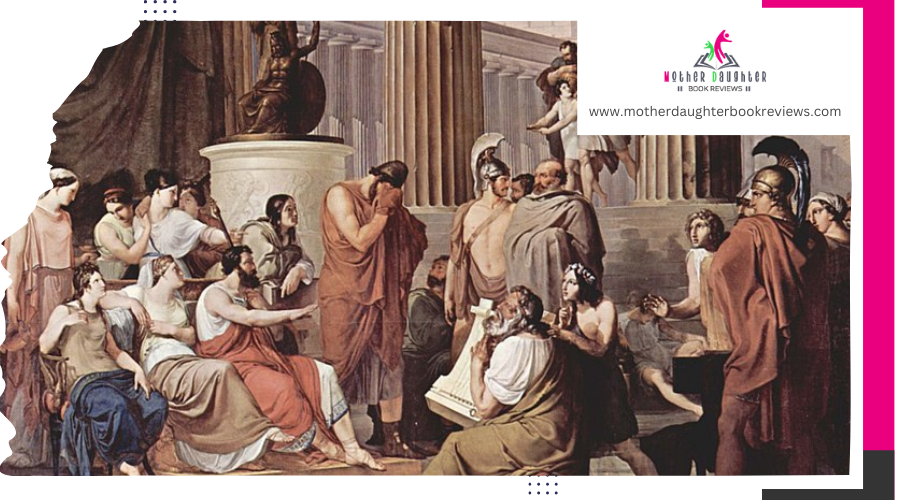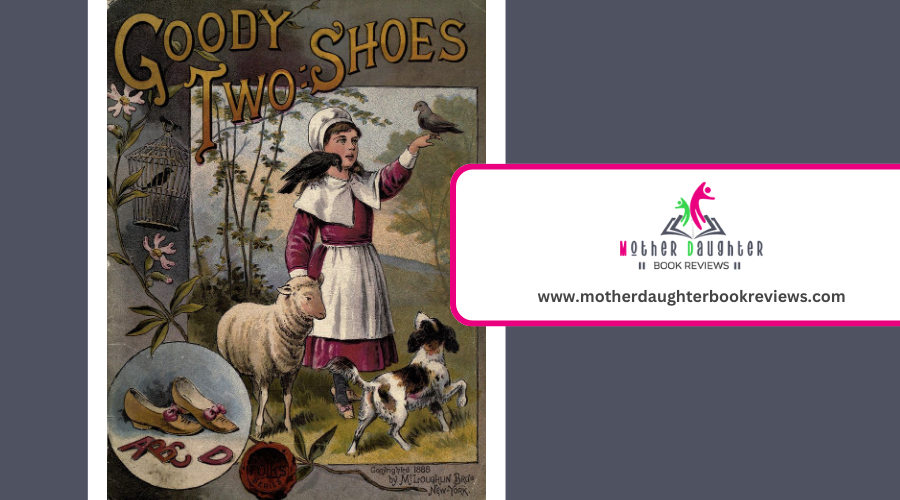Learning History Through Herodotus’s The Histories
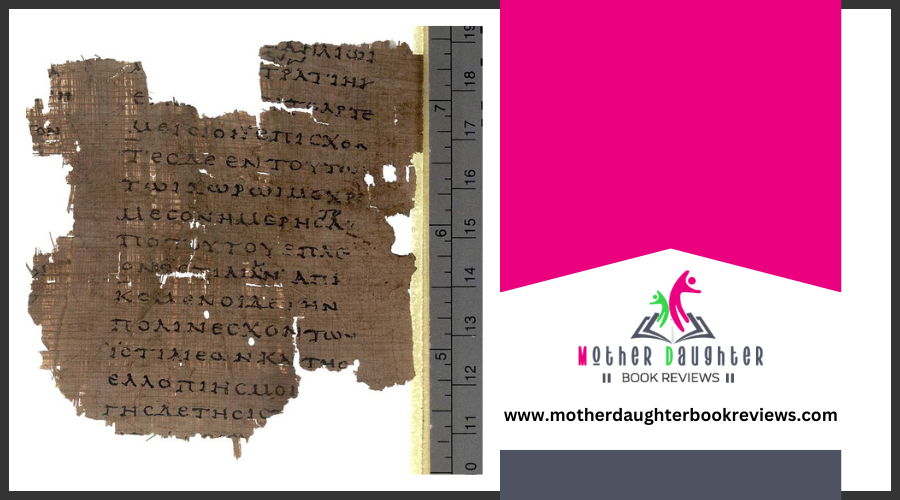
In "The Histories of Herodotus," you'll examine fascinating tales like King Croesus misreading the Oracle of Delphi, leading to his downfall, and the moral quandaries of Gyges, who overthrew his king. You'll meet Solon, who valued integrity over riches and laid the groundwork for democracy in Athens. Uncover the fierce Amazons challenging societal norms, and the heroic stand of 300 Spartans at Thermopylae.
The Tale of Croesus
Engulf yourself in the compelling tale of Croesus, the once-wealthy king of Lydia whose fortunes took a dramatic turn. You'll find his story both fascinating and cautionary, illustrating the fickle nature of fate. Croesus ruled over a prosperous kingdom and was renowned for his immense wealth, which he believed made him invincible. His riches flowed from the Pactolus River, famous for its gold deposits.
However, Croesus's confidence led him to a tragic miscalculation. He sought the advice of the Oracle of Delphi, who cryptically warned that a great empire would fall if he waged war against Persia. Misinterpreting the message, Croesus assumed it was his enemy's empire that would be destroyed. With this mistaken belief, he launched an attack on Cyrus the Great of Persia.
The outcome was disastrous. Croesus's forces were defeated, and Lydia fell into Persian hands. Captured and about to be executed, Croesus called out to Solon, a wise statesman who once advised him to reflect on the end of life, not just its prosperity. This introspection saved him, as Cyrus, moved by Croesus's wisdom and plight, spared his life. Croesus lived on, but as a poignant reminder of the perils of hubris.
The Legend of Gyges
The Legend of Gyges begins with a tale that investigates the themes of power, morality, and destiny. Imagine you're in the court of King Candaules of Lydia. He's so proud of his wife's beauty that he insists you, Gyges, his trusted bodyguard, must see her naked. Reluctantly, you agree. Hidden in her chamber, you witness the queen undressing. But she sees you and, furious at her husband's betrayal, gives you an ultimatum: kill Candaules and take the throne, or face death yourself.
You choose to kill the king. With the queen's help, you assassinate Candaules and become the new ruler of Lydia. Your rise to power is swift, but it's also shadowed by the moral complexities of your actions. You didn't seek the throne, yet you're thrust into it by forces beyond your control. As king, you must navigate the treacherous waters of leadership, always haunted by the choices that brought you here.
In this legend, you reflect on how power can corrupt and how destiny can twist in unexpected ways. The moral dilemmas you face challenge your understanding of right and wrong, forever altering your path.
The Story of Solon
As you ponder the moral complexities of Gyges' rise to power, another figure from ancient history offers a contrasting perspective on leadership and ethics. Enter Solon, the wise lawmaker of Athens. When King Croesus of Lydia, known for his immense wealth, asked Solon who the happiest man was, expecting to hear his own name, Solon instead named humble, virtuous individuals. Solon believed true happiness stemmed from a life of integrity and communal well-being, not material riches.
Solon's story emphasizes the importance of wisdom over wealth. He reformed Athens' laws to promote fairness and reduce the power of aristocrats, ensuring ordinary citizens had a voice. His efforts laid the foundation for Athenian democracy, showcasing a leadership style rooted in equity and justice.
When Croesus dismissed Solon's advice, he later faced ruin, proving Solon's point. Solon's visit to Lydia serves as a timeless reminder that ethical leadership and a focus on collective good lead to lasting fulfillment. Unlike Gyges' controversial ascent, Solon's legacy teaches that true contentment and societal progress come from virtuous actions and wise governance, not sheer power or opulence.
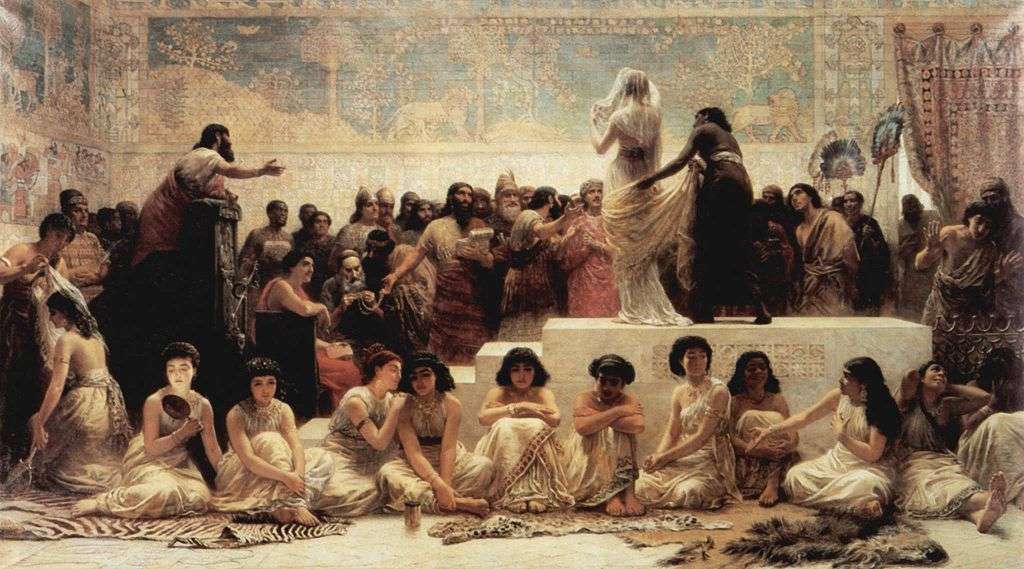
The Myth of the Amazons
Picture a domain where fierce warrior women defy the patriarchal norms of ancient times, creating a society that thrives on strength, independence, and unity. These are the Amazons, a legendary tribe of warrior women who captivated the imagination of Herodotus and countless others. You'll find their tales woven into the fabric of ancient myth, depicting a matriarchal society where women excel in combat, governance, and daily life.
Herodotus describes the Amazons as living near the Scythians, in what is now modern-day Ukraine. They are said to have clashed with Greek heroes like Theseus and Achilles, showcasing their prowess in battle. Unlike their male contemporaries, Amazonian women were trained in warfare from a young period, wielding weapons like bows, spears, and swords with remarkable skill.
These women didn't just fight; they also formed alliances, governed their territories, and upheld a culture distinct from the male-dominated societies around them. In their world, equality wasn't just an ideal but a practiced reality. Herodotus' accounts, though interspersed with myth, provide a window into how these legendary women might have lived and influenced the ancient world.
The Battle of Thermopylae
Imagine standing shoulder to shoulder with 300 Spartans, facing down a massive Persian army determined to conquer Greece. You can almost feel the weight of the armor, the heat of the sun, and the tension in the air as King Leonidas leads his men. The narrow pass at Thermopylae is the perfect place for a few to hold off many. Herodotus captures this moment with a blend of historical facts and heroic embellishments.
You're in awe of the Spartans' discipline and bravery. Despite the overwhelming odds, they don't flinch. The Persians, led by Xerxes, believe sheer numbers will guarantee victory. Yet, the Spartans' phalanx formation proves nearly impenetrable. For three days, you witness relentless battles. The Spartans, along with their Greek allies, hold their ground, inflicting heavy losses on the Persians.
But then, betrayal strikes. A Greek traitor named Ephialtes reveals a hidden path to the Persians, allowing them to flank the Spartans. Leonidas, understanding the fate awaiting them, dismisses most of the Greek troops. You stay with the 300, fighting valiantly until the end. Their sacrifice becomes a symbol of courage and resistance, immortalized by Herodotus in his Histories.
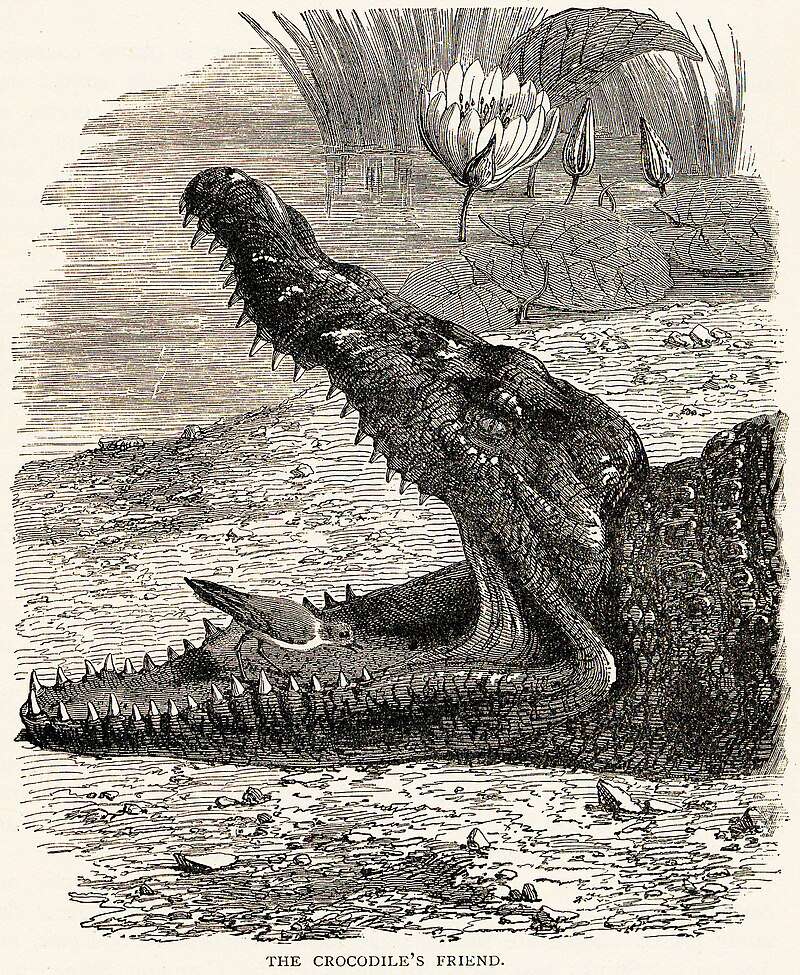
The Gods of Egypt
Leaving behind the fierce battlegrounds of Thermopylae, your expedition now takes you to the mystical land of ancient Egypt, where gods and mortals intertwine in a tapestry of divine tales. Here, you'll uncover stories of gods like Ra, the sun god who sails across the sky each day, bringing light and life to the world. At night, he battles the serpent Apophis, ensuring the sun rises again.
You'll meet Osiris, the god of the afterlife, who was betrayed and dismembered by his brother Set. His wife, Isis, gathered his pieces and resurrected him, showcasing her powers of magic and healing. Their son, Horus, avenged his father, symbolizing the triumph of good over evil.
Don't forget Thoth, the god of wisdom and writing, who gifted humanity the arts of literacy and knowledge. Bastet, the cat goddess, embodies protection and grace, often depicted as a lioness in battle.
As you navigate these ancient tales, you'll see how the Egyptians revered their gods, attributing natural phenomena and societal laws to their divine will. Each deity played an essential role, weaving a rich mythological tapestry that shaped ancient Egyptian culture.
The Oracle of Delphi
Situated on the slopes of Mount Parnassus, the Oracle of Delphi served as a lighthouse of divine guidance in ancient Greece. Imagine standing there, seeking answers from the Pythia, the high priestess who channeled Apollo's wisdom. You'd find that leaders and commoners alike traveled great distances to consult this revered oracle. They believed the gods spoke through her, providing cryptic yet insightful responses to their pressing questions.
Herodotus, in his Histories, recounts fascinating tales of the Oracle's influence. For instance, when King Croesus of Lydia faced a critical decision, he consulted Delphi. The Oracle's ambiguous prophecy—"If you cross the river, a great empire will fall"—ultimately led to the downfall of his own kingdom, illustrating the double-edged nature of such divine messages.
You'd be intrigued by the elaborate rituals involved. The Pythia would enter a trance, possibly induced by natural gases, and her utterances were then interpreted by priests. This process underscored the mystical aura surrounding Delphi. So, when pondering ancient stories and myths, keep in mind that the Oracle of Delphi wasn't just a place; it was a symbol of the human quest for divine insight amidst uncertainty.
Conclusion
Herodotus’s The Histories offers more than just a collection of ancient tales; it provides timeless insights into human nature, power, fate, and morality. Through vivid narratives of kings, warriors, and mythological figures, Herodotus allows us to explore the values and challenges of past civilizations. Whether it's the downfall of Croesus, the ethical dilemmas of Gyges, or the courageous stand at Thermopylae, these stories resonate with lessons that remain relevant today. By delving into these ancient accounts, readers not only gain a deeper understanding of history but also reflect on the enduring human quest for wisdom, justice, and meaning.

